Value of Stationary Storage Market for Lithium-ion Batteries Will Rise As Costs Fall
 Dec 14,2022
Dec 14,2022

 Basen
Basen
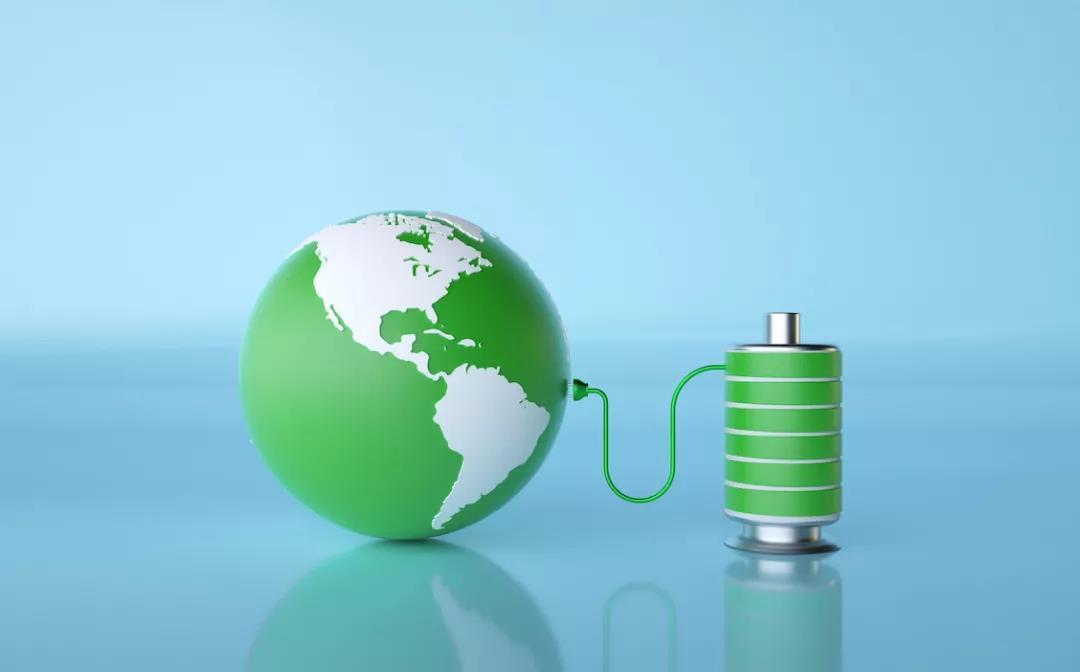
Stationary storage will be key to the transition from fossil fuels to renewables energy. GMI expects lithium ion battery fixed storage solutions to significantly increase its market share.
Analysts at Global Market Insights expect the lithium-ion battery stationary storage market to reach $327 billion in 2032, driven by significantly lower costs.
According to the latest research report of Global Market Insights Inc (GMI), the lithium-ion battery stationary storage market will be valued at $327 billion by 2032. The apparent decline in the cost of lithium-ion batteries has become an important driver of industry development. In 2021, MIT scientists found that lithium-ion costs had fallen 97% since 1991. As lithium-ion batteries become a viable option for applications such as stationary energy storage, the decline in battery costs is likely to support market growth.
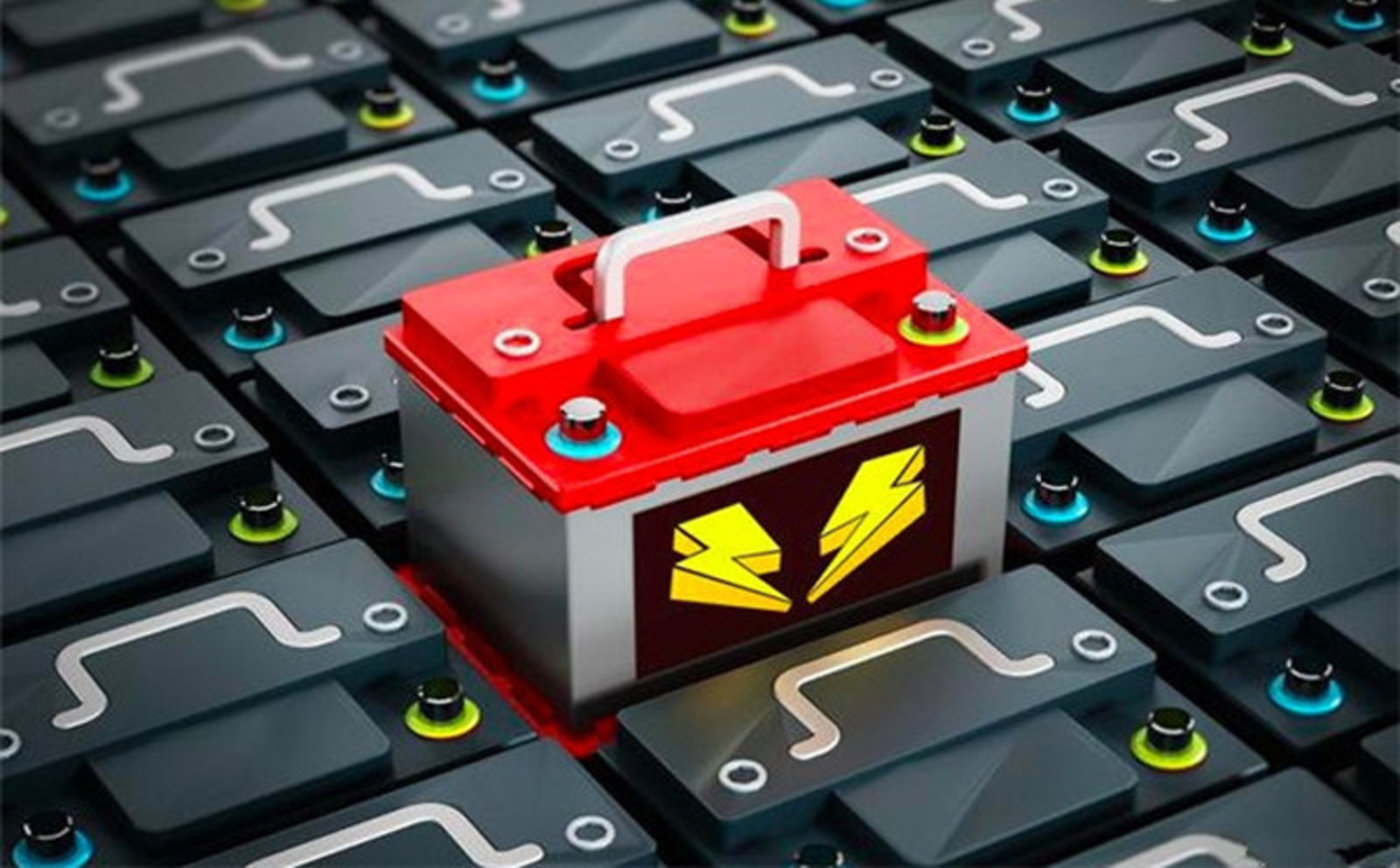
LiFePO4 Growth Momentum is Strong
The Lithium Iron phosphate (LFP) chemical segment's lithium ion battery stationary storage market is expected to grow significantly through 2032, GMI said in a news release. Because of its high safety record, lithium iron phosphate has a rapid growth stage in energy storage applications. Lithium and phosphorus are also more abundant than manganese, cobalt and nickel. In addition, lithium iron phosphate batteries have a longer cycle life, which helps to segment the product needs of the market. However, the lower rate of return for lithium iron phosphate batteries compared to nickel-manganese-cobalt (NMC) batteries may hinder the development of the market segment.
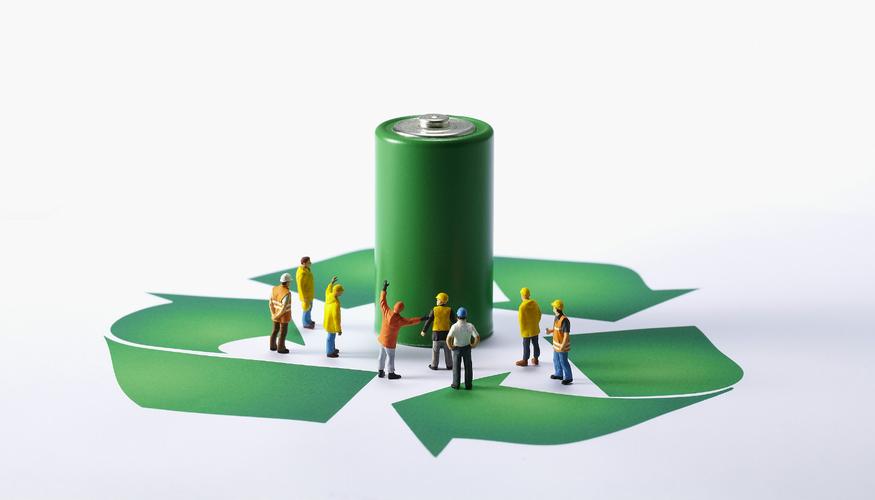
Fears of Power Outages Rise
Off-grid applications in the Li-ion battery stationary storage market will show strong growth over the forecast period, driven by growing concerns about uninterrupted power supply, particularly in remote areas of emerging economies. This is expected to lead to the development of grid-connected distribution systems and advanced lithium-ion battery stationary storage devices, thereby driving the expansion of the market segment.

Expanding Clean Energy Adoption in APAC
The Asia-Pacific lithium ion battery fixed storage market is expected to grow at a compound average annual growth rate (CAGR) of 25% to 2032. This growth is due to the adoption of renewable energy and rising private and public investment in China, India and other developing economies. In addition, rapid industrialization and urbanization are also prominent reasons to promote regional industrial expansion.
Government agencies have launched several energy storage targets in the region. For example, the National Energy Administration (NEA) and the National Development and Reform Commission (NDRC) launched the 14th Five-Year Plan for energy storage in March 2022. China has also announced plans to reduce the cost per unit of storage from $0.12 to $0.01 by 2025. These initiatives aim to expand the use of lithium-ion battery stationary storage devices and thereby grow industry demand in the region.
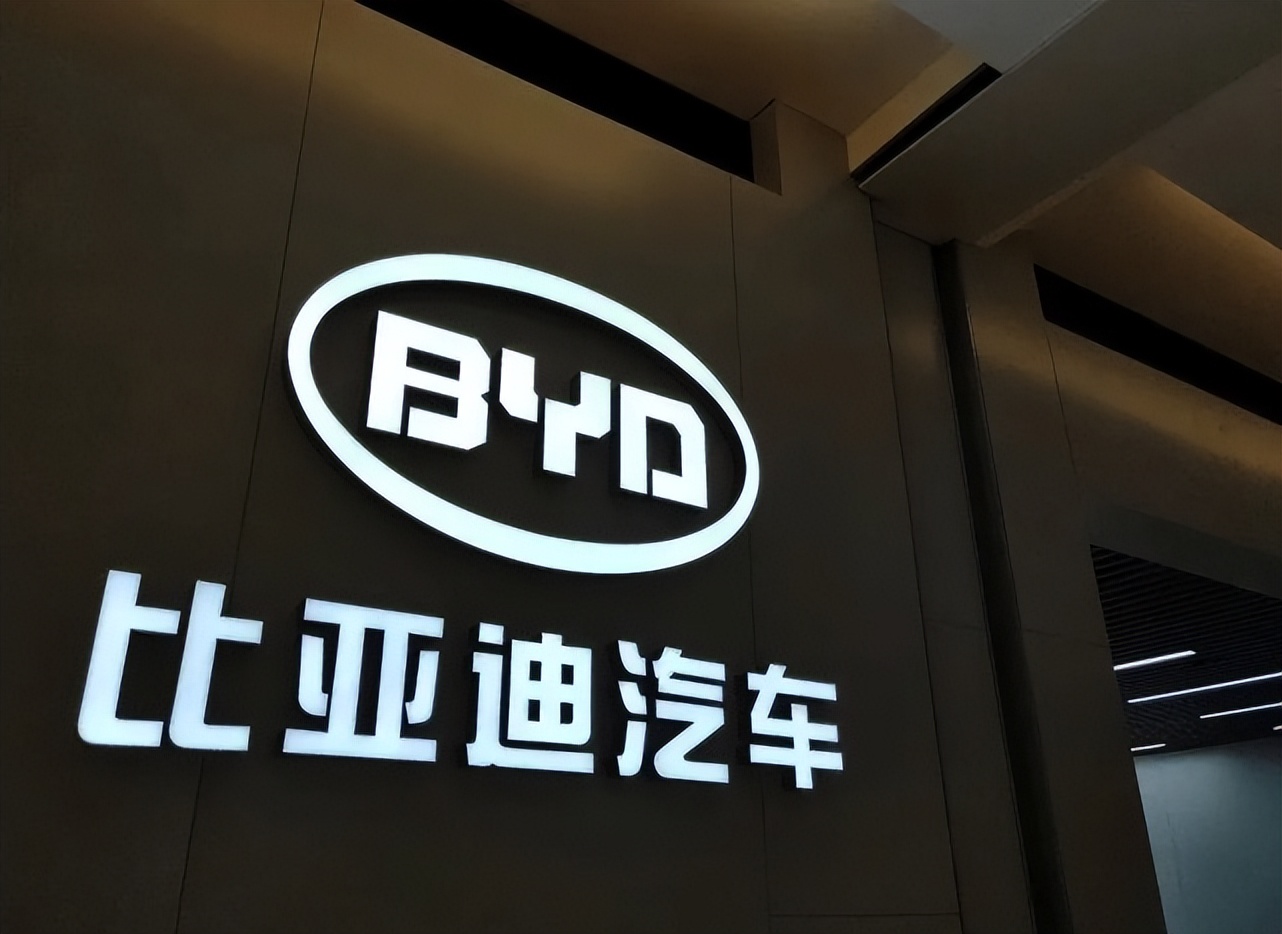
Head Enterprise
Leading enterprises in lithium ion fixed battery storage market: Us Johnson Controls, Panasonic Corporation, LG Chem, Exide Technologies, Tesla, Toshiba Corporation, Siemens Energy, BYD Company Ltd., SK Innovation Co Ltd, VARTA AG, etc. These companies focus on business and product range expansion strategies to enhance their presence in the market. For example, LG Energy Solutions launched its RESU series of residential energy storage systems (ESS) in March 2021 and announced investment in residential energy storage systems in Europe, the United States and Australia. This initiative has enabled it to strengthen its presence in the global market.
Headquartered in Delaware, GMI is a global market research and advisory firm that syndicates custom research reports and growth advisory services with the media.
*This article is from the internet, all rights reserved by the authors. If there are any infringement on your rights, please don’t hesitate to inform us for an instant delete.








 HOME
HOME What Going Off the Grid Really Looks Like
What Going Off the Grid Really Looks Like 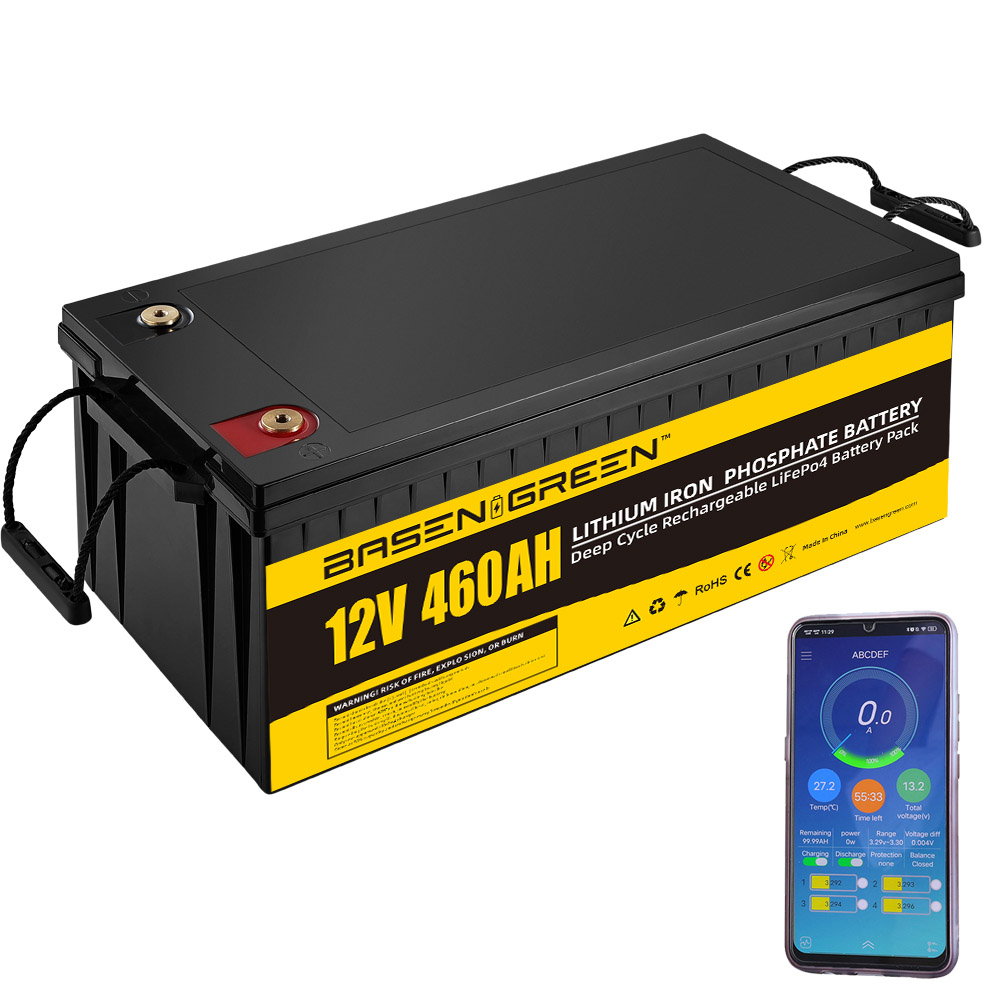


 You May Also Like
You May Also Like

 Tel
Tel
 Email
Email
 Address
Address